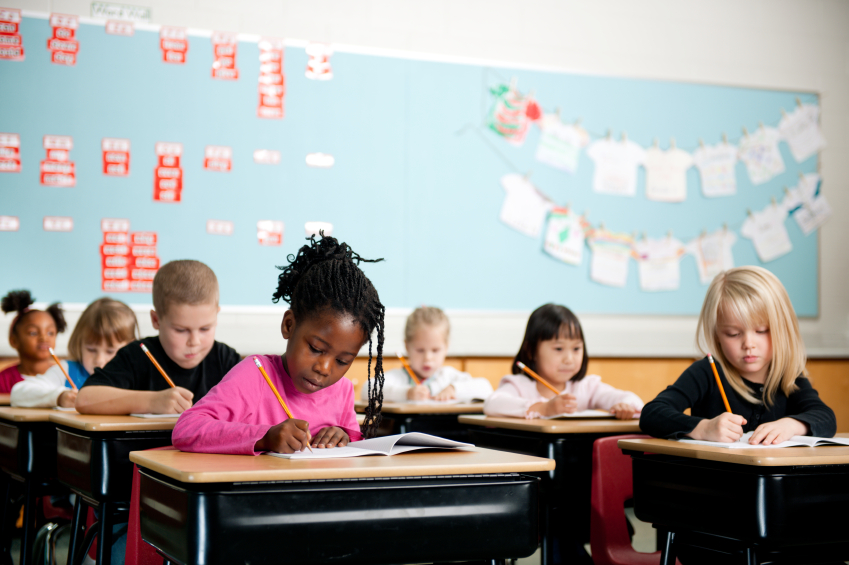Abortion rights, women of color, and LGBTQIA+ people are under attack. Pledge to join us in fighting for gender justice.

Update: In February 2022, the Fourth Circuit agreed with the students of South Carolina, holding that the “Disorderly Conduct” law and “Disturbing Schools” law, as it formerly applied to students, were unconstitutionally vague. The Court acknowledged that the laws did not give students fair warning about what behaviors might warrant detention one day but criminal prosecution the next. It also agreed that the laws give “practically unfettered discretion” to the school-based police officers charged with their enforcement.
Learn more about the case in our blog here.
***
On March 23, 2022, the National Women’s Law Center (NWLC), along with our co-leads, the National Association for the Advancement of Colored People, the National Disability Rights Network, and the National Center for Youth Law, filed an amicus brief with our law firm partner, Debevoise & Plimpton LLP to the U.S. Court of Appeals for the Fourth Circuit. NWLC filed the brief on behalf of its co-leads and 23 additional organizations, in support of public school students in South Carolina and the Carolina Youth Action Project (CYAP). The student plaintiffs and CYAP are challenging South Carolina’s “Disorderly Conduct” law and the “Disturbing Schools” law, as it was formerly applied to students, as unconstitutionally vague. Plaintiffs claim these laws have denied students due process because they are unable to anticipate which typical, childlike behaviors will lead to criminalization. School officials in South Carolina have also discriminatorily enforced these laws against Black students and students with disabilities. In their lawsuit, the student plaintiffs and CYAP are also seeking to have these student criminal records wiped clean in connection with the Disorderly Conduct law and the Disturbing Schools law, as it formerly applied to students.
NWLC’s brief details how school disciplinary laws and school policing, especially for minor misbehavior like “disruption” or “disobedience,” contribute to school pushout and perpetuate the school-to-prison pipeline. The brief also illustrates the severe harms Black students and other students of color, LGBTQ students, students with disabilities, and students at the intersections of these identities face as those most targeted under vague and subjective school disciplinary laws. These harms include interactions with the criminal legal system and a criminal record, which not only disrupt classroom instruction in the short-term, but also can lead to lifelong academic, social, and economic disadvantages.
Learn more about the case in our blog here.
